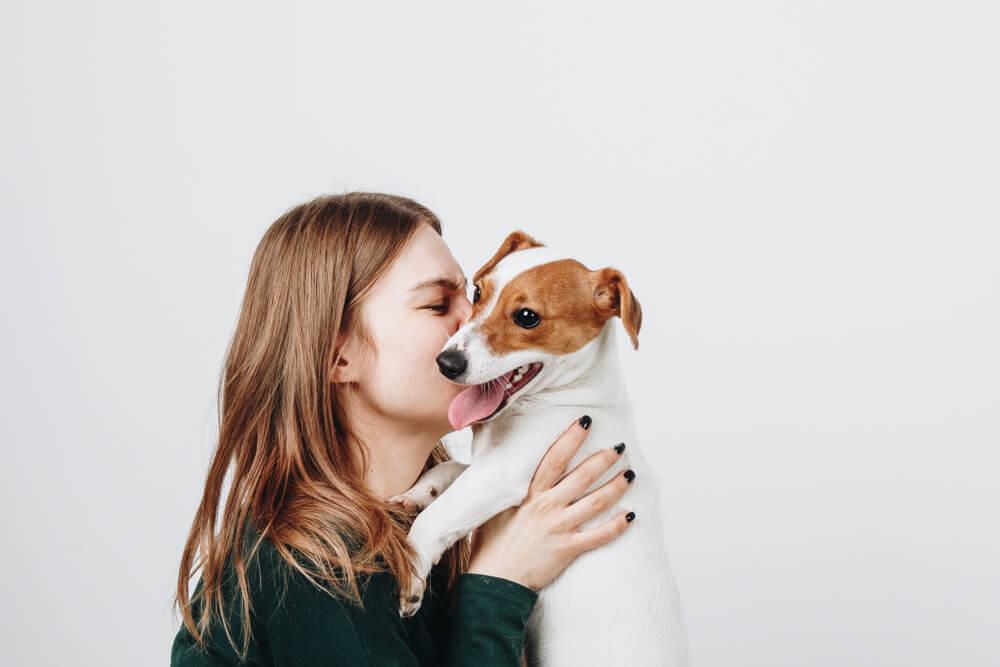Many dog owners stand by the notion that rescue dogs make the best pets. While this is often true, taking on a pooch that’s had a difficult past can be a really trying time. Adopting a troubled dog is no mean feat and requires patience, understanding and a whole lotta love. If you’ve recently brought a rescue dog into your family or are considering doing so, read on to find out how you can help them if they’ve suffered abuse or neglect in the past.
Know their triggers
Depending on the negative experiences your dog has had, they might have different triggers. If they weren’t fed properly, they may be extra protective of their food. If they were left alone for hours on end, they may suffer from extreme separation anxiety when you leave the house. If they were physically abused, they may retreat in fear when you reach out to pet them. Understanding your dog’s triggers is crucial as they give you an indication of how you should interact with your dog to ensure they feel comfortable and safe.
Practice patience
While rescue dogs can definitely change our lives for the better, settling into a new home can sometimes take longer than expected. They may display unruly behaviours and not warm up to you as quickly as you would like but it is crucial that you remain patient with them! Try to remember what your dog has been through; it’s likely they have trust issues as a result of their past life. Accept your dog for who they are and take baby steps in your approach. When it comes to taking on a troubled rescue dog and turning their life around, it’s a marathon not a race!
Be consistent
Dog’s with a difficult past most likely had owners that were abusive or neglectful. Being consistent in your approach with your dog will give them a huge sense of safety and security as they will come to know what to expect from you. Keeping mealtimes, toilet breaks and walks at the same time everyday will give them a much needed routine and allow them to thrive.
Offer affection
If your dog has had a difficult life, what they need more than anything is an owner that cares for them. Showing affection is a great way to communicate to your dog that you love them! Some rescue dogs may not like this, or be too fearful to accept your embrace so it is important you respond to your dog’s cues and make sure they feel comfortable.
Consider specialist help
Unfortunately, the damage caused by abuse or neglect can have a lasting impact on your dog’s behaviour. If your rescue dog seems to be struggling to integrate into their new life with you, it is worth considering specialist help. Dogs are individuals, with unique experiences and what works for one, may not work for another. Abuse and neglect can result in lasting and persistent feelings of fear and can sometimes even cause your pooch to act out aggressively if they feel threatened. It is your responsibility as their new owner to understand when you need a bit of extra help.
Have you taken on a rescue dog? Connect with us on social media and share your stories with us!

